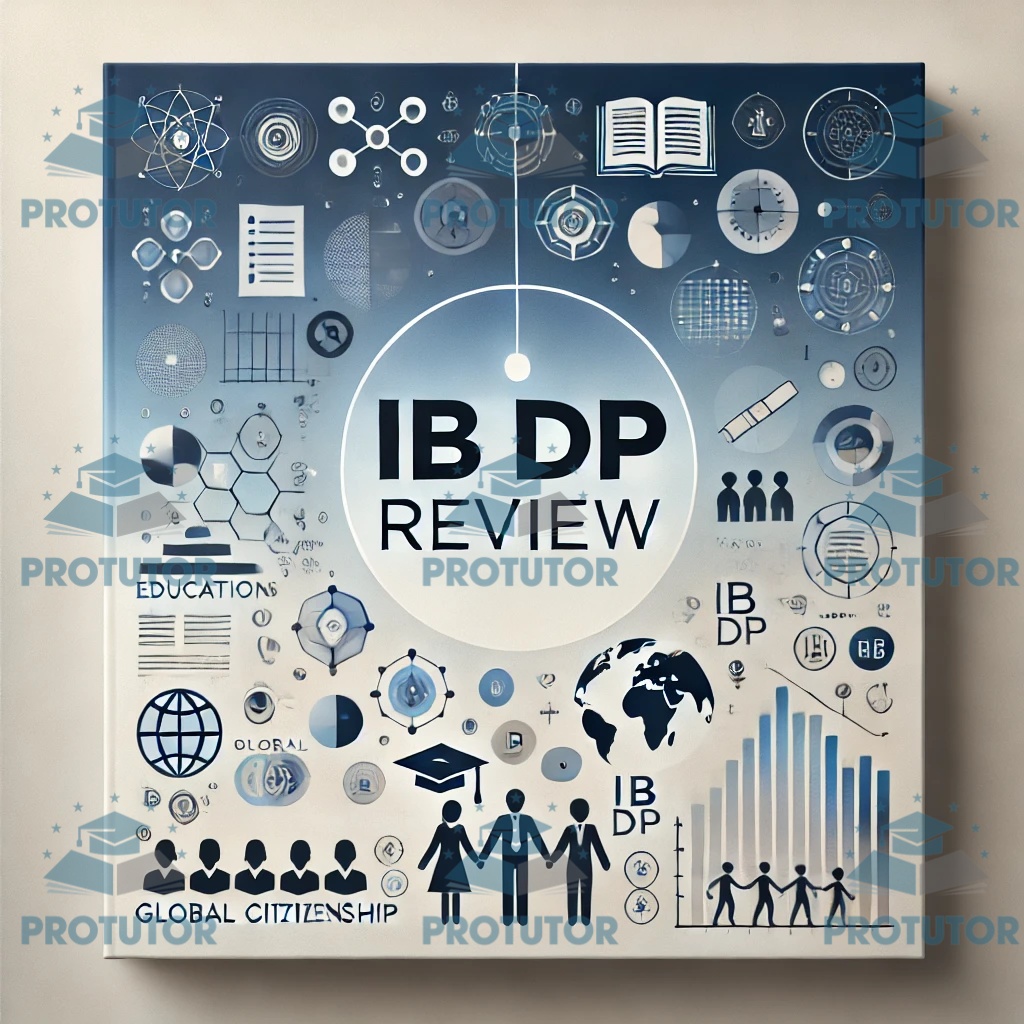Why IB DP is the Best Preparation for University: Insights from IB Tutors
The International Baccalaureate Diploma Programme (IB DP) has earned a reputation as one of the most rigorous and comprehensive pre-university programs globally. In comparison to A-Levels and other high school qualifications, IB DP stands out as the best preparation for university. This is due to its emphasis on holistic development, critical thinking, and international-mindedness. Let’s dive into the reasons why IB DP gives students a clear advantage in their university journey.

1. IB DP vs. A-Levels: A Comprehensive Comparison
1.1 Breadth vs. Depth of Knowledge
The key difference between the IB DP and A-Levels lies in the breadth of subjects offered. In A-Levels, students typically focus on three to four subjects, allowing for in-depth study but limiting exposure to a broader academic range. In contrast, the IB DP requires students to study six subjects across a variety of disciplines, including languages, sciences, and the arts.
Why this matters for university preparation:
The IB’s broad curriculum encourages students to develop a wider understanding of multiple subjects, which aligns well with the interdisciplinary nature of many university programs. IB DP graduates often find themselves better equipped to tackle diverse challenges in university-level courses.

1.2 Critical Thinking and Research Skills
Another distinguishing feature of the IB DP is the core elements: Theory of Knowledge (TOK), the Extended Essay (EE), and Creativity, Activity, Service (CAS). These components foster critical thinking, independent research, and real-world application, all of which are crucial skills for success at university.
In contrast, A-Levels focus more on specific subject content, without offering equivalent opportunities to develop independent research or inquiry-based learning skills.
2. Holistic Development through the IB DP Core Components
2.1 Theory of Knowledge (TOK): Developing Critical Thinkers
TOK is designed to encourage students to question how they know what they know. This subject develops a deeper understanding of knowledge, pushing students to think critically, challenge assumptions, and engage in debates. Universities highly value students who can approach problems from different perspectives, and TOK lays this foundation.
2.2 The Extended Essay (EE): Building Research Skills
The Extended Essay gives IB students the opportunity to conduct independent research on a topic of their choice, culminating in a 4,000-word paper. This experience mirrors the kind of academic writing and research they will encounter at university.

Tutoring insight: Many IB DP graduates feel that the EE gives them a significant advantage when writing research papers at university. One of our students noted, “When I started university, the research and citation skills I developed in the IB DP made the transition to academic writing much smoother.”
3. International-Mindedness: Preparing Students for a Globalized World
The IB DP is unique in its emphasis on international-mindedness. As part of a global program, students are encouraged to think beyond their national boundaries and consider global perspectives. Many universities today emphasize global citizenship and intercultural understanding, which IB DP graduates are well-prepared for.
3.1 The CAS Program: Real-World Learning
Creativity, Activity, Service (CAS) allows students to apply their learning outside the classroom through community service, personal development, and creative endeavors. This hands-on approach builds important life skills such as time management, teamwork, and leadership.

4. Success Stories: How IB DP Prepared Students for University
Over the years, many students have transitioned smoothly to university life thanks to their IB DP background. A former IB DP student shared, “I found that the IB DP taught me how to manage a heavy workload, balance different subjects, and approach problems critically—all essential skills that helped me thrive in university.”
IB DP as the Gold Standard for University Preparation
In comparison to A-Levels and other pre-university programs, the IB DP provides students with a balanced, well-rounded education that equips them with the critical thinking, research, and global perspectives they need to succeed in university. Whether it’s through the rigorous Extended Essay, the broad range of subjects, or the focus on holistic development, IB DP graduates are better prepared for the challenges and opportunities that await them in higher education.
Possible Challenges
Despite its many advantages, the IB DP is often considered more challenging than A-Levels due to the extensive workload and high demands it places on students. One of the main challenges is managing the balance between six subjects, compared to the fewer, more focused subjects in A-Levels. Additionally, the core components like Theory of Knowledge (TOK), the Extended Essay (EE), and Creativity, Activity, Service (CAS) require significant time and effort outside regular coursework. The IB DP’s emphasis on independent research, critical thinking, and global perspectives can feel overwhelming for some students, as they need to develop a broad skill set across multiple disciplines. This comprehensive and holistic approach, while immensely beneficial for university preparation, can be highly demanding, making the IB DP widely regarded as more difficult to complete than A-Levels.
Disclaimer: The views expressed in this blog are based on personal opinions and experiences of IB tutors and students. They are intended to provide insights and general advice. Every student’s academic journey is unique, and individual preferences or needs may vary. We encourage readers to explore various pre-university programs and make decisions based on their own research and goals.

